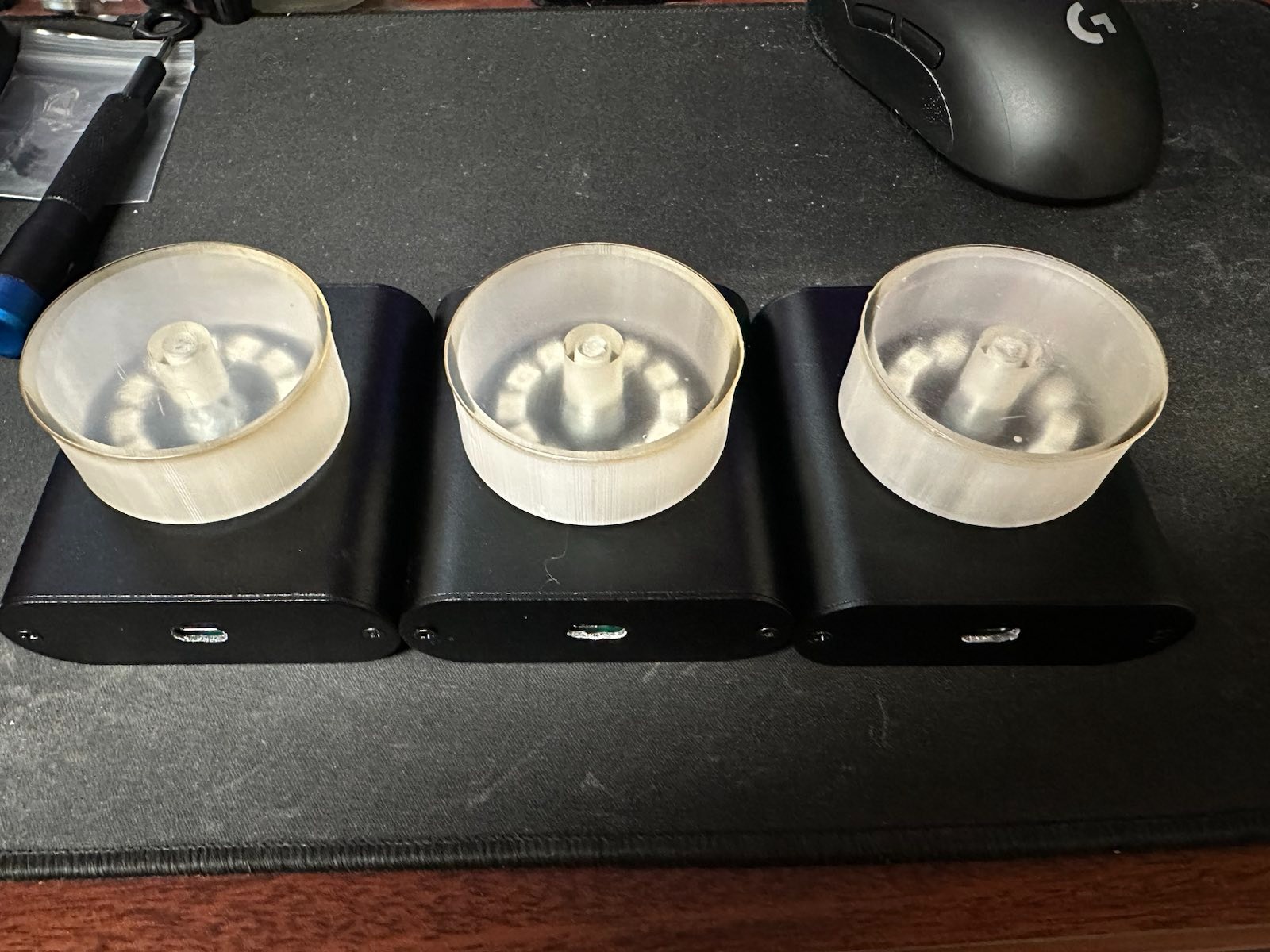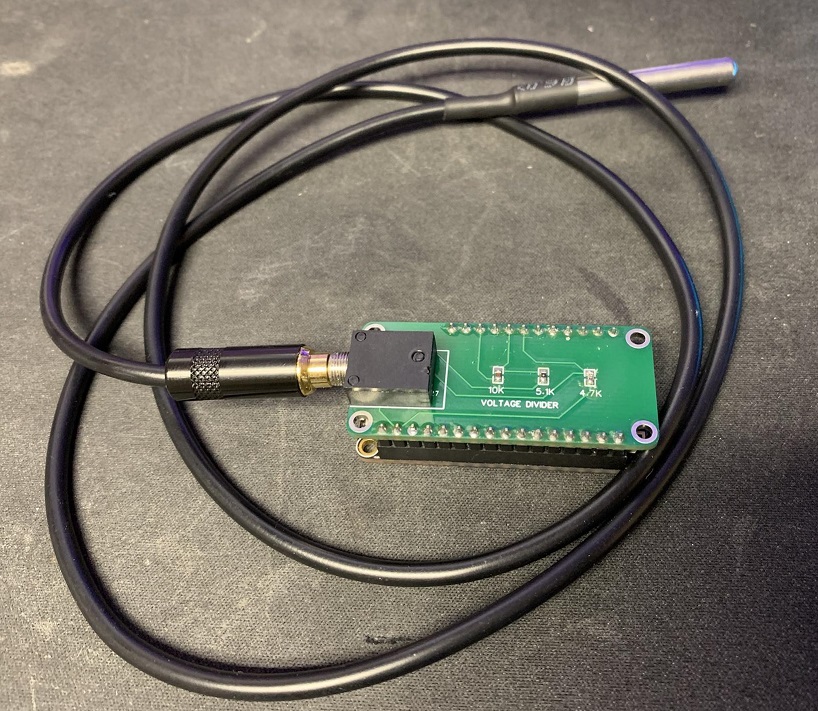Exploit Exercises - Protostar Stack 3
This challenge starts getting a little bit more involved than the previous ones. Instead of just providing a new value for the “modified” variable, we need to make the code jump to a method, changing the execution.
#include <stdlib.h> #include <unistd.h> #include <stdio.h> #include <string.h> void win() { printf("code flow successfully changed\n"); } int main(int argc, char **argv) { volatile int (*fp)(); char buffer[64]; fp = 0; gets(buffer); if(fp) { printf("calling function pointer, jumping to 0x%08x\n", fp); fp(); } } This means that first of all, we need to find the address of where the “win()” function is located in the program.






